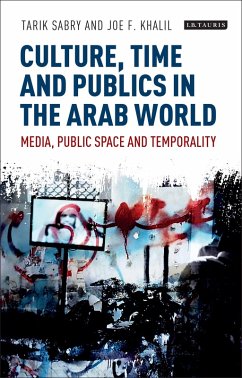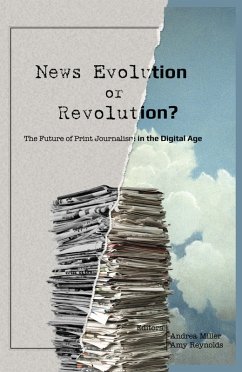
Dissent and Revolution in a Digital Age (eBook, ePUB)
Social Media, Blogging and Activism in Egypt

PAYBACK Punkte
13 °P sammeln!
During the Arab uprisings of early 2011, which saw the overthrow of Zine el-Abadine Ben Ali in Tunisia and Hosni Mubarak in Egypt, the role of digital media and social networking tools was widely reported. This was also recognized by the very authorities fighting against popular pressure for change, and the Egyptian government's attempt to block internet and mobile phone access in January 2011 demonstrated the extent to which it was seen as powerful and potentially subversive tool. What is yet to be examined is the local context that allowed digital media to play this role: Egypt, for example,...
During the Arab uprisings of early 2011, which saw the overthrow of Zine el-Abadine Ben Ali in Tunisia and Hosni Mubarak in Egypt, the role of digital media and social networking tools was widely reported. This was also recognized by the very authorities fighting against popular pressure for change, and the Egyptian government's attempt to block internet and mobile phone access in January 2011 demonstrated the extent to which it was seen as powerful and potentially subversive tool. What is yet to be examined is the local context that allowed digital media to play this role: Egypt, for example, a history of online activism laid important ground work for the scenes in Tahrir Square. Here, David Faris argues that it was circumstances particular to Egypt, more than the 'spark' from Tunisia, that allowed the revolution to take off: namely blogging and digital activism stretching back into the 1990s, combined with sustained and numerous protest movements and an independent press. Dissent and Revolution in a Digital Age tracks the rocky path taken by Egyptian bloggers operating in Mubarak's authoritarian regime to illustrate how the state monopoly on information was eroded, making space for dissent and digital activism.













